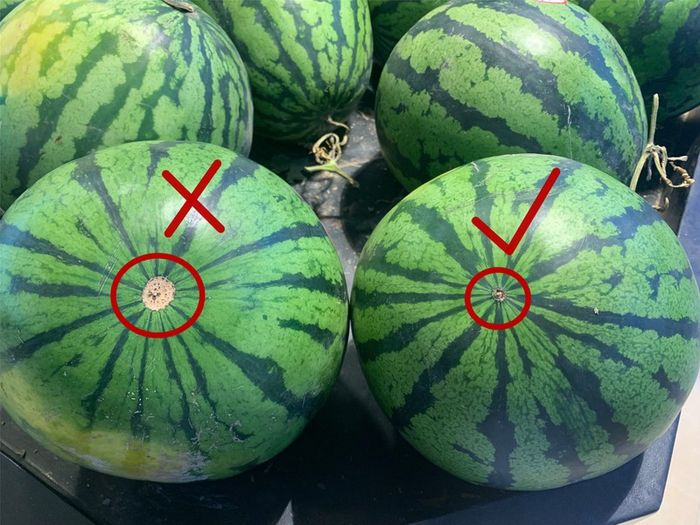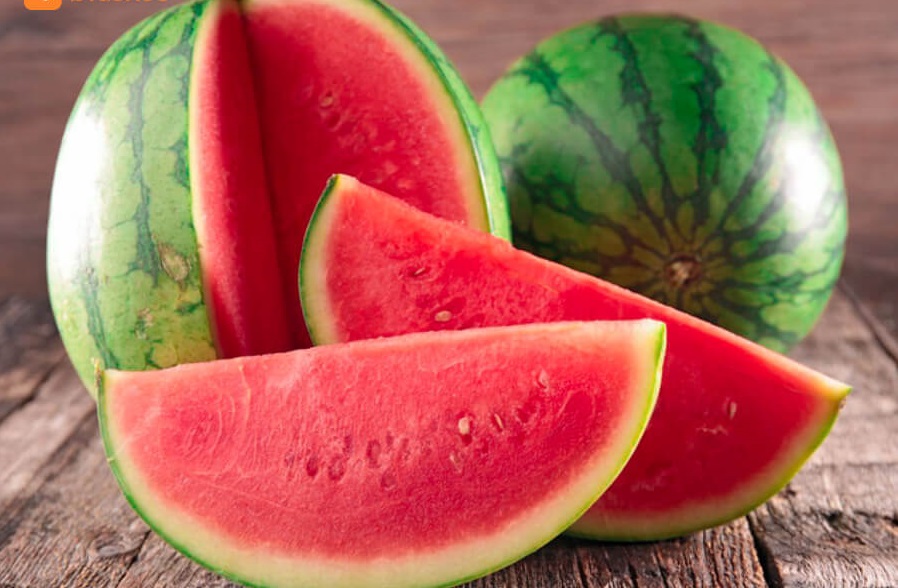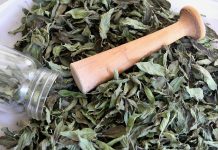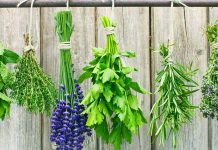The quest for the perfect watermelon is a summer tradition, synonymous with the pursuit of the sweetest, juiciest fruit to grace picnics and gatherings. This guide distills the essence of selecting a watermelon that promises to be both ripe and sweet, ensuring your summer days are filled with the refreshing taste of this beloved fruit.
Understanding Watermelon Ripeness

The journey to finding the perfect watermelon begins with an examination of the stem. A brown stem signifies a watermelon that ripened naturally on the vine, absorbing the sun’s warmth and the soil’s nutrients until it reached peak maturity. In contrast, a green stem indicates a premature pick, where the fruit was plucked before its time, leaving its potential sweetness untapped.
The Significance of the Yellow Spot
A key indicator of a watermelon’s ripeness is the presence of a yellow spot. This spot, often found on the belly of the fruit, tells a story of the watermelon’s time basking in the sun. A pronounced yellow spot is a testament to the watermelon’s adequate sun exposure, contributing to its ripeness. A faint white spot, or the absence of one, suggests a lack of sunbathing, leading to a less ripe fruit.
Assessing Firmness and Sound
The texture and sound of a watermelon provide critical clues to its internal state. Gently pressing on the watermelon should reveal a slight give, indicating ripeness. A watermelon that feels too hard and unyielding suggests it is underripe. Moreover, the sound a watermelon makes when tapped can reveal its water content—a hollow sound signifies a fruit bursting with water, while a dull sound may indicate a lack of juiciness.
Putting Theory into Practice
With these insights, the pursuit of the perfect watermelon becomes an informed search for specific traits: a brown stem, a prominent yellow spot, a slight give upon pressing, and a hollow sound when tapped. These indicators, when present together, promise a watermelon that is not only ripe but also abundantly sweet and juicy.
Upon bringing your selected watermelon home, the moment of truth arrives as you cut into the fruit. A ripe watermelon will reveal a deep red flesh, an indicator of its concentrated sweetness. The texture will be crisp, yet tender, filled with succulent juices that confirm its ripe status. The taste test is the final verification, where the sweetness of the watermelon fulfills the promise of a meticulously selected fruit.
Enjoying the Fruits of Your Labor
Selecting the perfect watermelon is an art form that combines observation, touch, and sound. The reward for this careful selection process is a watermelon that enhances summer meals and gatherings with its optimal sweetness and hydration. Whether enjoyed in slices, cubes, or as part of a refreshing salad, the perfect watermelon stands as a testament to the joy of summer eating.

In conclusion, the journey to finding the perfect watermelon is marked by attention to detail and an appreciation for the subtle cues nature provides. By following these guidelines, you can elevate your watermelon selection process, ensuring that each fruit you bring home meets the criteria for ripeness and sweetness. Embrace the challenge, and let the quest for the perfect watermelon become a cherished summer ritual.









